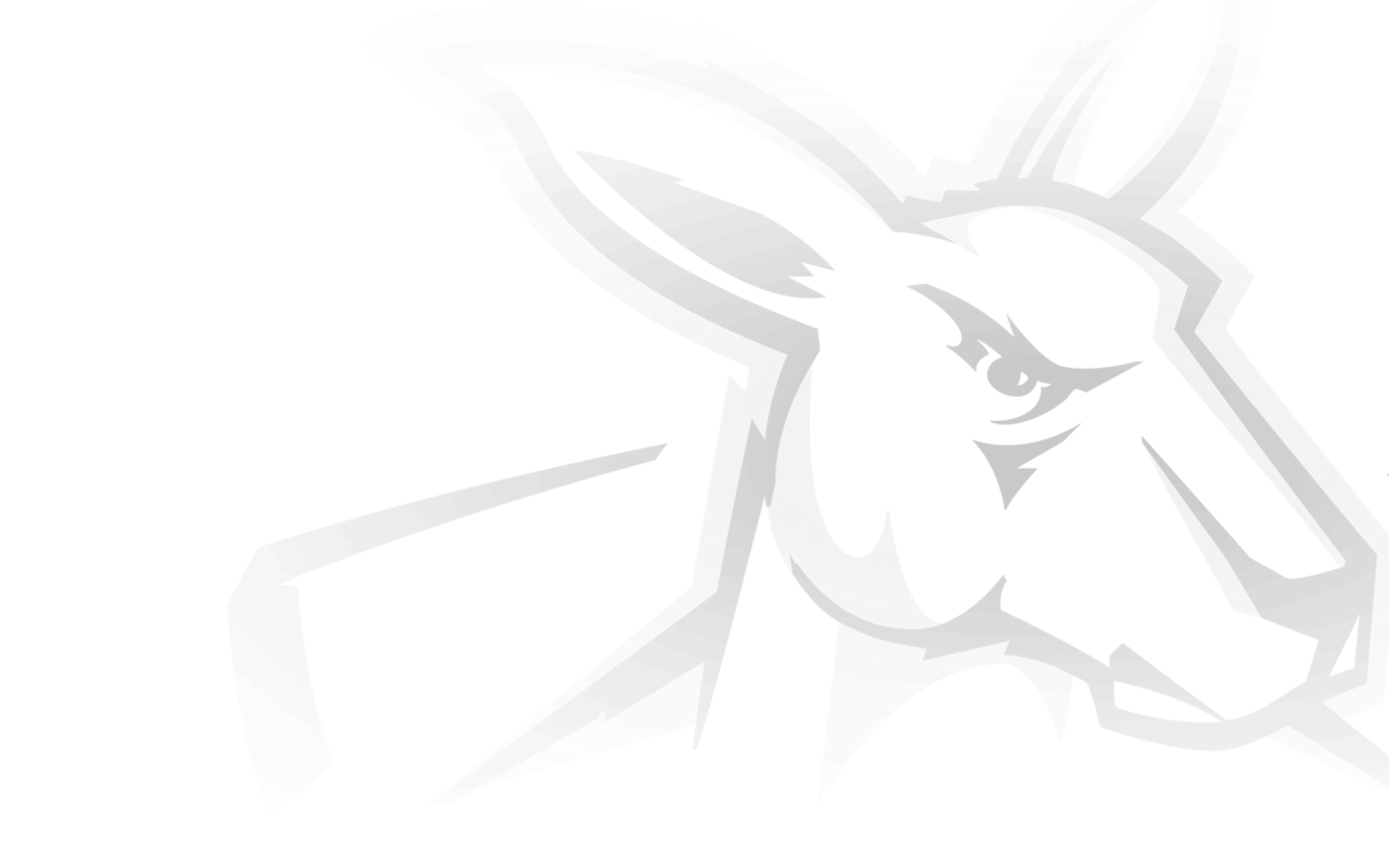One of the biggest changes in AFL recruitment in the past decade or so has been the establishment of the academy and father/son bidding system.
Before its introduction in 2007, clubs could recruit any father/son prospect at the fixed cost of a third-round draft pick, meaning the likes of generational talents Gary Ablett Jr and Jobe Watson could be selected with a pick in the 40s.
While the system has been altered and refined over the years, clubs can no longer stash away father/son prospects until late in the draft, now being required to select them at face value to help even out the competition.
>> VISIT THE TRADE & DRAFT HUB
Taken with the eighth selection in the 2013 NAB AFL Draft, Luke McDonald was the first father/son prospect North Melbourne ever selected with a bid, becoming eligible due to his father, Donald, playing over 100 games for the club in the 1980s and ‘90s.
While the draft experience of any father/son prospect is different to most draftees, McDonald says the timing of his draft year meant he knew he was going to North well before his name was called.
“When I was in my bottom-age year, so when I was 17, North had already sort of committed to taking me,” he told North Media.
“There was this thing called the mini-draft that allowed Gold Coast access to two 17-year-olds. After they showed a bit of interest in me, North told me they were keen to sign me.
“It was from then I knew I was going to be a North player, so I played my top-age year for Werribee in the VFL who was our affiliate at the time, and did a full pre-season with North.
“Usually all the top ten picks get up on stage on draft night, but I wasn’t there because I was in Utah with the team.
“I wasn’t nervous for myself, I was more nervous for my mates and all the people I’d grown up playing with, just wondering where they were going and hoping we were going to draft a few people I’d played with along the journey.”
Much like in recent years, teams will bid on father/son or academy prospects on draft night in 2021. However, the system has changed drastically from when it was first introduced.
Initially, teams would bid on eligible players before the beginning of the trade period, meaning father/son prospects would know what selection they were going to be taken with weeks in advance.
“They used to do the bidding something like six or eight weeks out from the draft. West Coast bid on me so I knew I was going to be pick eight really early on,” McDonald said.
“I started a bit slow in my draft year and people were saying I might get bid on with a second-round pick, but I had a really good finals series for Werribee and I always wanted to prove I was worthy of a first-round pick.
“North had a really good side at the time, and I knew the backline was probably the only place I’d be able to get a game. That year in the VFL enabled me to learn the game plan, get coached by North’s development coaches and play against men.
“I always knew I was going to North so I was never worried about anywhere else. I didn’t want to go anywhere else.”
The added dimension of being selected as a father/son prospect is the ability to play for the club you more than likely grew up supporting.
Despite Donald coaching at Box Hill in the VFL while his son was still a child, and spending time as Hawthorn’s interim senior coach in 2004, Luke only ever had eyes for North.
He says growing up supporting North Melbourne adds an extra element of romanticism whenever he pulls on the jumper.
“The fans probably embrace you more in your early days as a father/son player, but after a few years you turn into just another player on the list,” McDonald added.
“‘Arch’ (Glenn Archer) was one of my heroes growing up supporting North Melbourne. I was never the type of player who wanted to have 40 touches and kick five goals, I’d see ‘Arch’ running through players and that’s what inspired me.
“When ‘Spud’ (Michael Firrito) came to me and told me he wanted me to wear the number 11 it was probably the shortest conversation I’ve ever had, I was so happy he chose me to carry on its legacy.
“It’s a massive honour to wear it, and every time I play I always look at the number and realise I’m not just playing for me, I’m playing for all the guys who’ve worn it before me.
“Playing for North is a massive honour. There’s definitely a romantic connection to father/son players, but it’s a big responsibility as well.”


